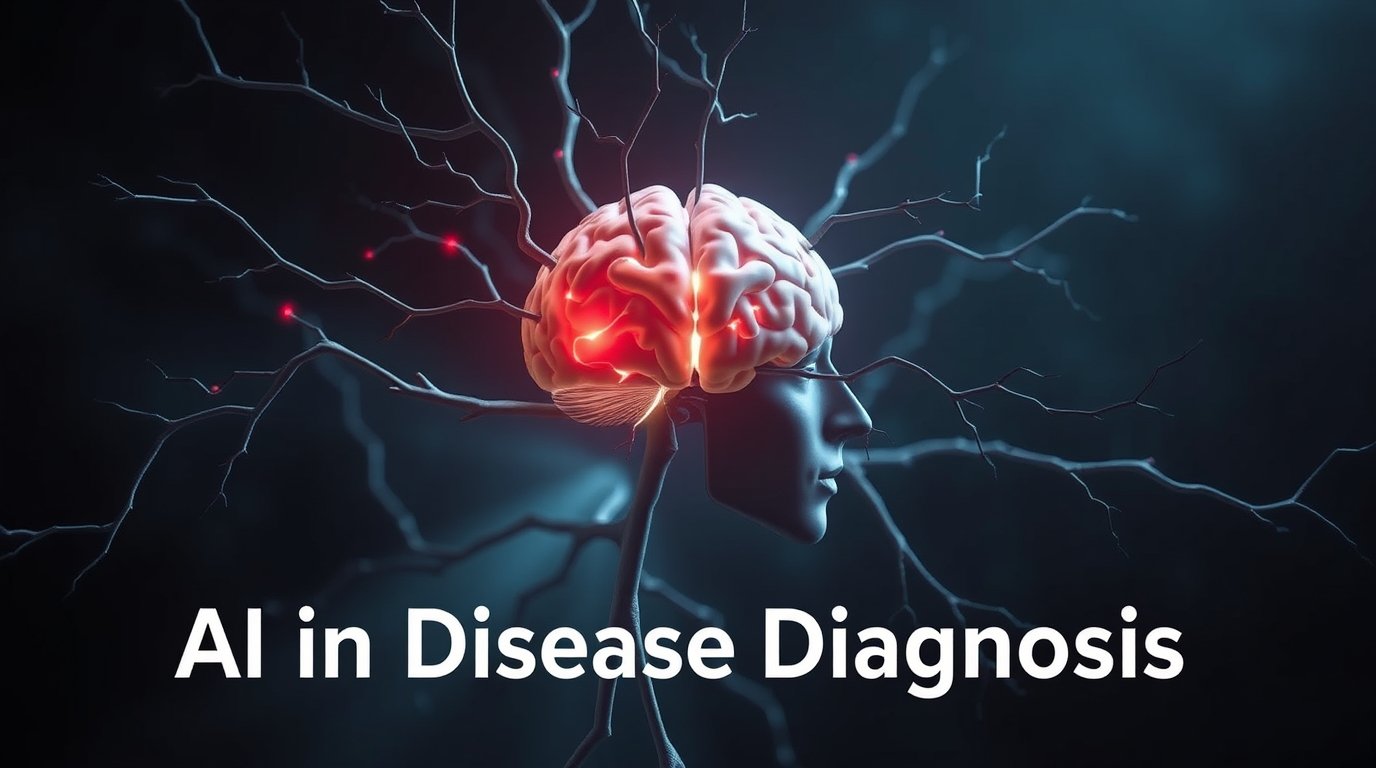The Role of AI Agents in Autonomous Decision-Making
AI agents are becoming a major force in the artificial intelligence landscape. These self-governing systems promise to automate workflows, make intelligent decisions, and even replace traditional software tools. From OpenAI’s AutoGPT to Google DeepMind’s AlphaCode, the industry is pushing toward more independent AI-driven systems.
But can AI agents truly operate without human intervention? Or are they still just sophisticated assistants that require oversight?
In this article, we’ll explore:
- What AI-driven systems are and how they function
- The current limitations that prevent full autonomy
- The future roadmap for AI-powered decision-making
Let’s take a closer look.
What Defines Autonomous AI Agents ?
Unlike traditional AI chatbots that respond to queries, AI-powered systems take action based on goals. They don’t just process language—they reason, plan, and execute tasks across various domains.
Think of these systems as digital employees. They can read instructions, gather data, make decisions, and adapt to new information over time. Some of the best examples today include:
- AutoGPT & BabyAGI – Designed to break down complex problems into steps and execute them autonomously.
- Google DeepMind’s AlphaCode – A system that solves competitive programming problems without human-written code.
- OpenAI’s ChatGPT (with memory updates) – A conversational AI model that remembers past interactions and refines its responses accordingly.
While these models are advanced, there’s still a significant gap between AI assistance and full-fledged autonomy.
What’s Holding Back AI Autonomy?
Despite its potential, today’s AI-driven systems aren’t truly independent. Here’s why:
1. Lack of True Understanding
AI can process vast amounts of information, but it doesn’t understand context the way humans do. It relies on pattern recognition rather than genuine reasoning.
2. Dependence on Human Prompts
Most AI-driven platforms still need clear instructions to function. While they can iterate on their own, their ability to define objectives independently is limited.
3. Struggles with Long-Term Memory
Current models don’t have persistent memory yet. They can recall short-term information within a session but often forget past tasks once restarted.
4. Ethical and Safety Concerns
Giving full autonomy to AI raises serious ethical questions. What happens when mistakes occur? How do we prevent unintended consequences?
These limitations mean that we’re still a long way from self-sufficient AI, but progress is being made.
The Future of AI Agents Autonomy
For AI systems to truly function without humans, they need three key advancements:
- Memory & Adaptability – Systems that remember, learn, and improve over time.
- Decision-Making Frameworks – AI systems that can define their own objectives and execute tasks safely.
- Human-AI Collaboration Models – Ethical AI that works alongside humans rather than replacing them.
Companies like OpenAI, Google DeepMind, and Anthropic are already working toward these goals. As capabilities expand, AI will likely transition from being a tool to an intelligent collaborator, automating complex workflows and solving real-world problems with greater independence.
Beyond Automation: The Next Steps for AI Agents
One of the most exciting aspects of AI is its potential to go beyond basic automation. Instead of simply executing predefined tasks, future AI could:
- Develop creative solutions – AI could analyze problems in unique ways, proposing innovative solutions beyond human intuition.
- Enhance scientific discovery – AI-powered research assistants could accelerate breakthroughs in medicine, physics, and other fields.
- Drive economic and business efficiencies – AI could optimize logistics, manage supply chains, and even autonomously run digital businesses.
- Augment human decision-making – Rather than replacing people, AI could act as an advisor, helping humans make better strategic decisions.
This shift will require improvements in several key areas, including explainability, trustworthiness, and ethical AI governance.
Challenges in Scaling AI Agents Autonomy
Scaling AI for real-world applications comes with a unique set of challenges. Beyond technical limitations, there are broader concerns related to:
- Regulation and compliance – Governments and organizations must establish rules for deployment to ensure safety and fairness.
- Bias and discrimination – AI trained on biased data may reinforce societal inequalities, requiring better training methodologies.
- Cybersecurity threats – Autonomous AI could be exploited by malicious actors, necessitating robust security measures.
- Public perception and trust – As AI becomes more integrated into daily life, fostering trust between AI and humans will be essential for adoption.
Addressing these challenges will determine how AI evolves in the coming years.
Join the Discussion
AI is rapidly evolving and transforming the way we work and interact with technology. While it is not fully independent yet, the trajectory is clear. The coming years will shape whether AI remains an advanced assistant or evolves into a self-governing system capable of driving major industries.
What are your thoughts on AI autonomy? Do you see it becoming fully independent, or will it always require human oversight? Share your perspectives in the comments below.
If you want to stay updated on the latest advancements in AI and technology, consider subscribing to our newsletter for in-depth insights and analysis.






